Normal Building Vocabulary Worksheets for Ages 3-7
132 filtered results
-
From - To
Boost your child's language skills with our Normal Building Vocabulary Worksheets for ages 3-7. These engaging, age-appropriate worksheets are designed to enhance young learners' vocabulary through fun and interactive activities. Perfect for early readers, each printable worksheet helps children recognize new words, improve spelling, and grasp language concepts. Developed by educational experts, our resources foster a love for learning and lay a strong language foundation. Explore a variety of themes and topics, ensuring your child stays interested and motivated. Download and start building your child's vocabulary skills today!
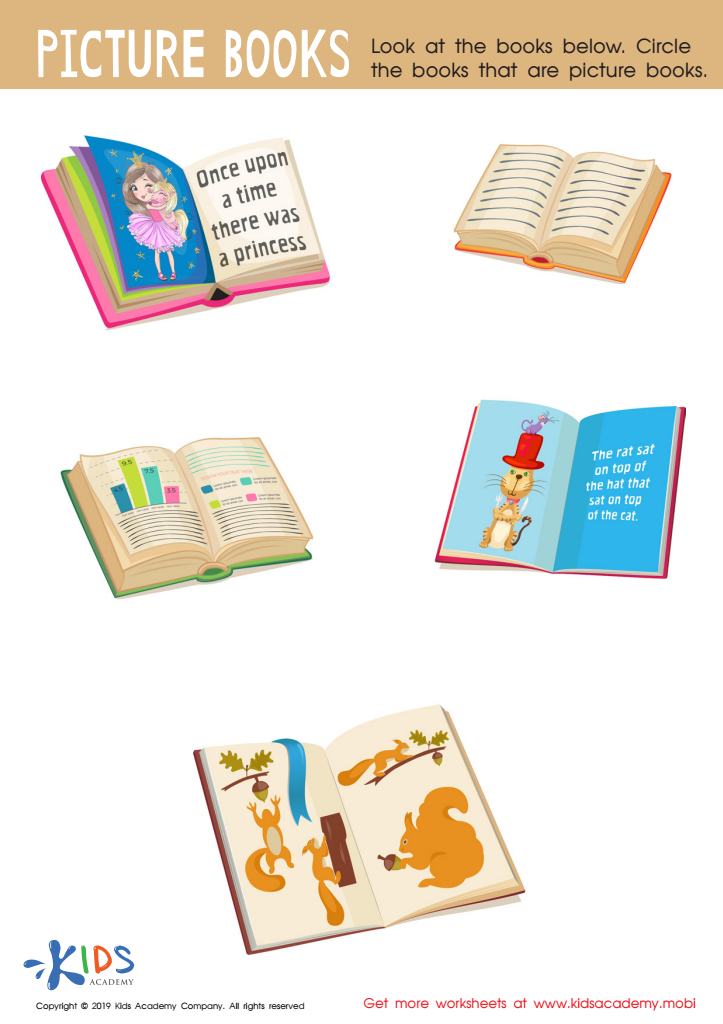

Picture Books Worksheet
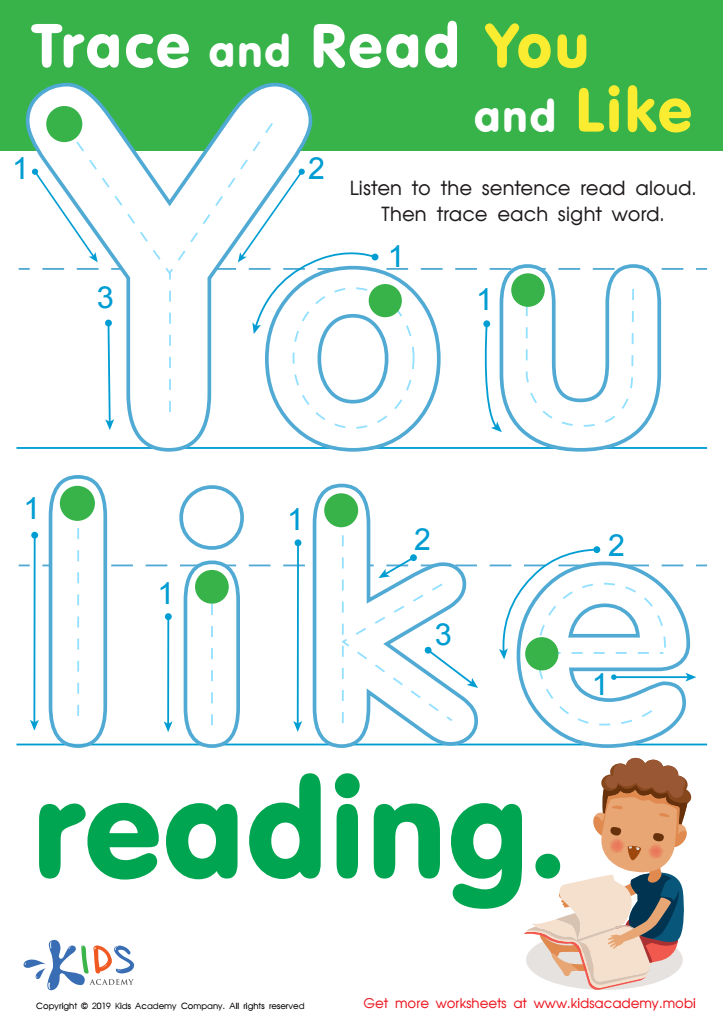

Trace Read You Like Worksheet
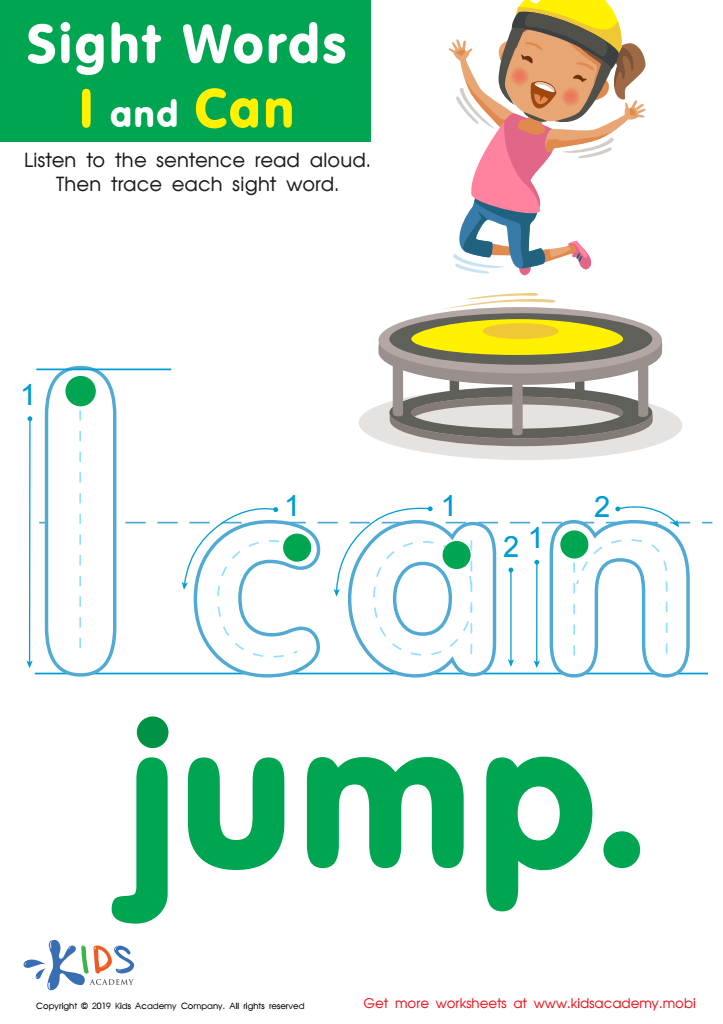

Sight Words I Can Worksheet
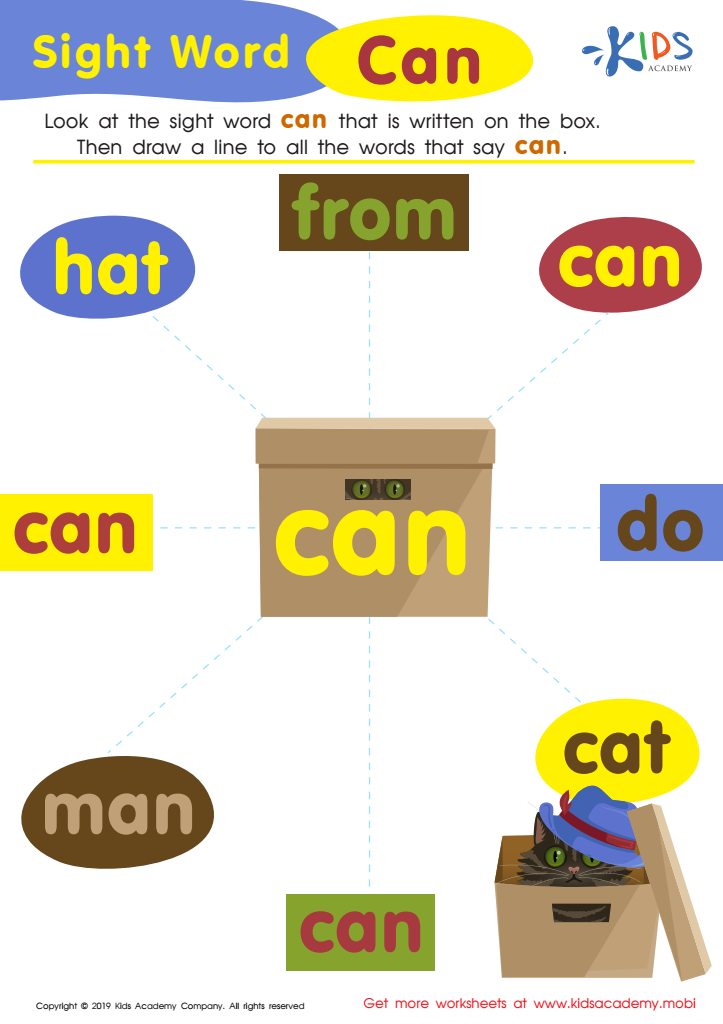

Sight Word Can Worksheet


Fish Worksheet
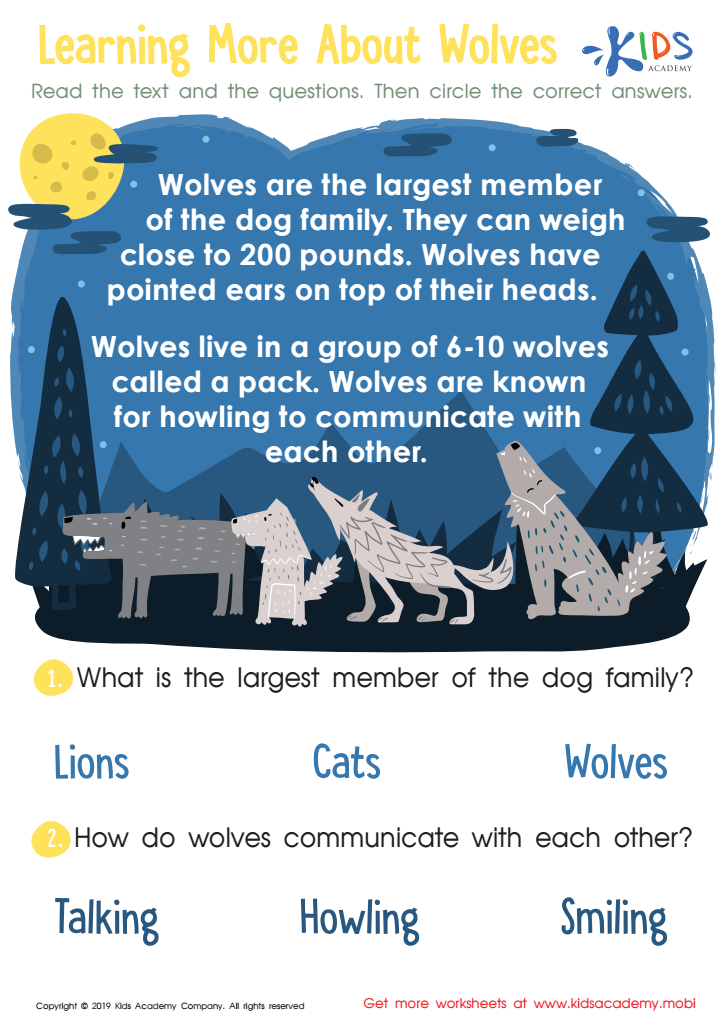

Learning More About Wolves Worksheet
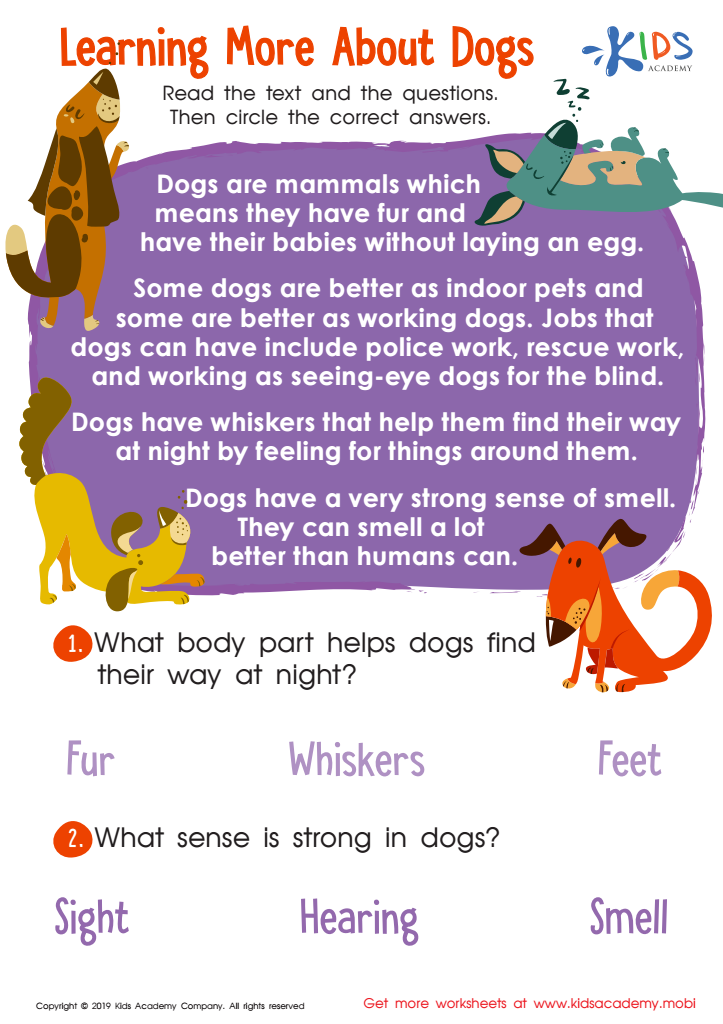

Learning More About Dogs Worksheet
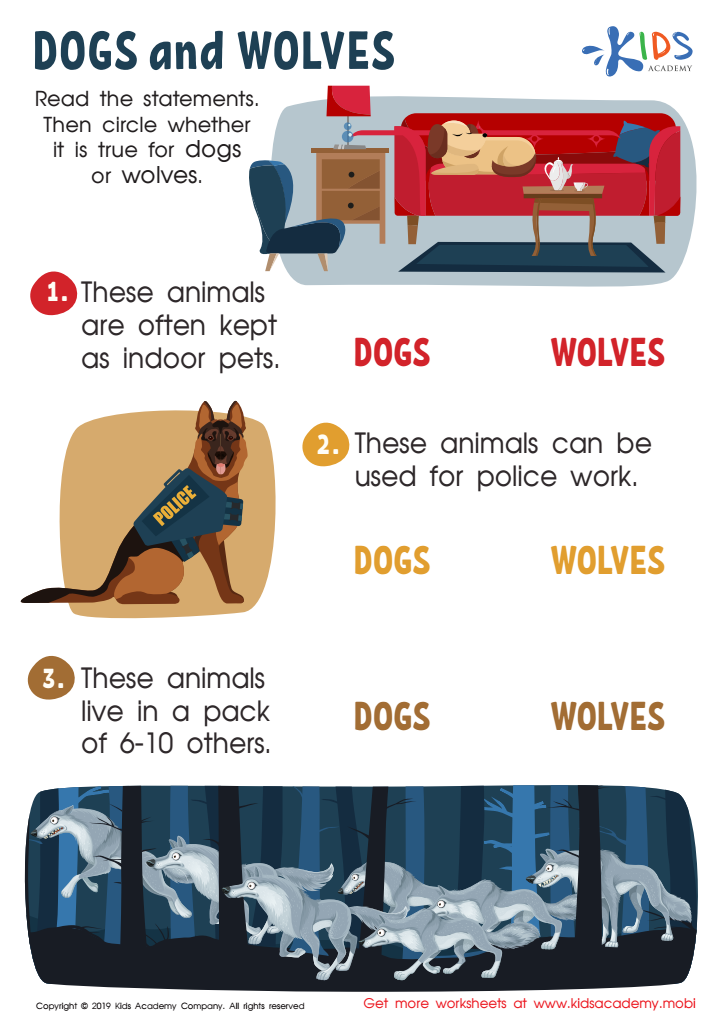

Dogs and Wolves Worksheet
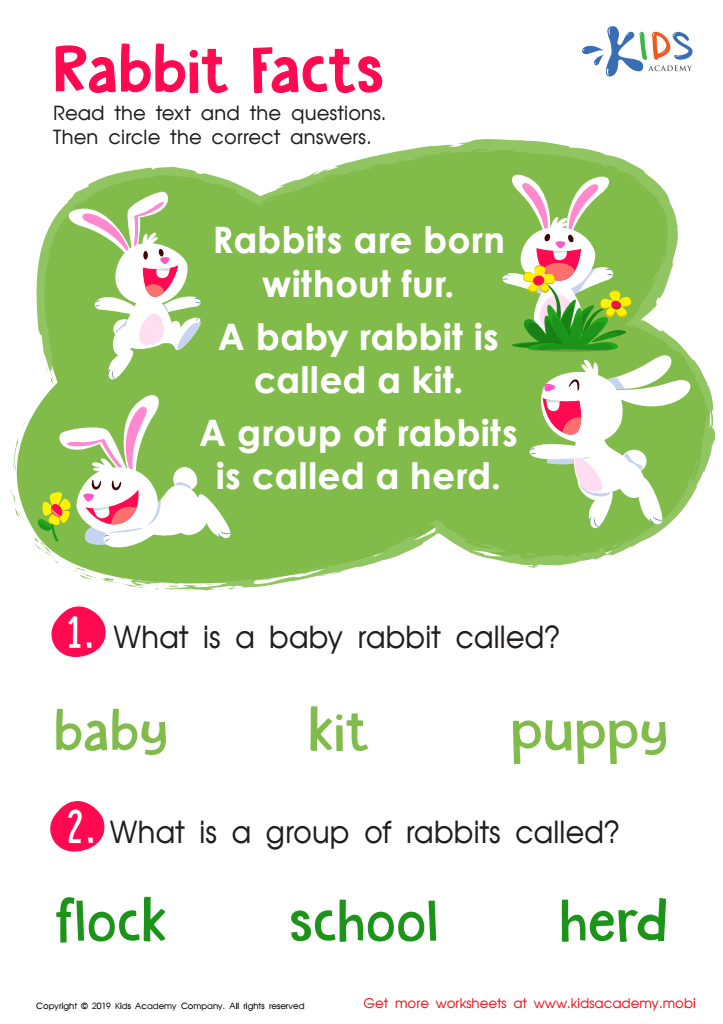

Rabbit Facts Worksheet
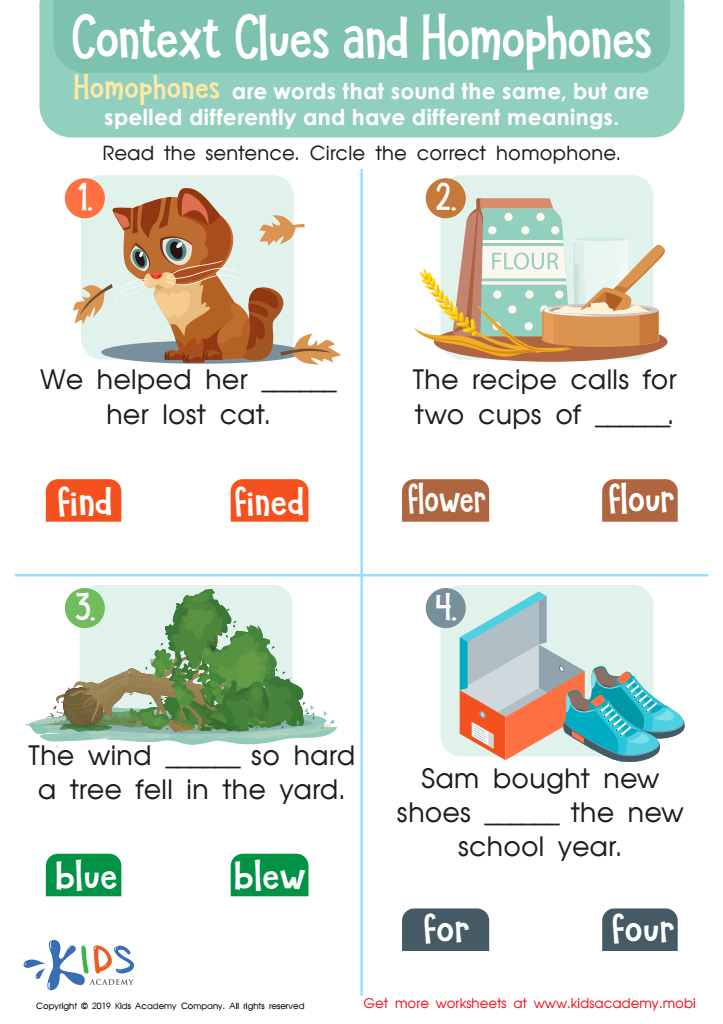

Context Clues and Homophones Worksheet
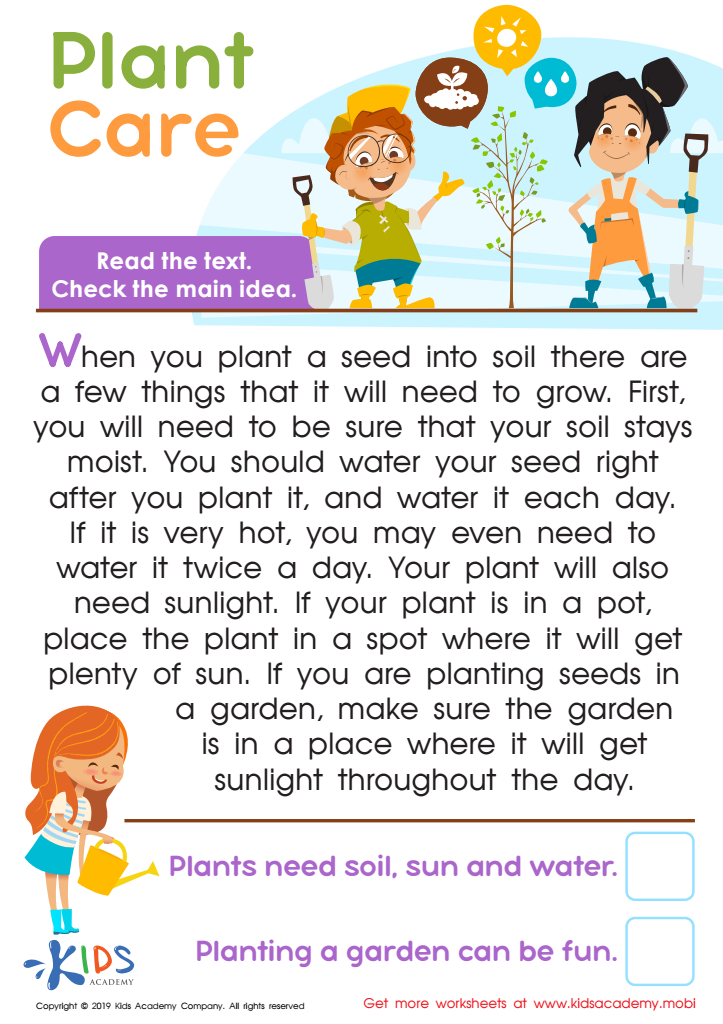

Plant Care Worksheet
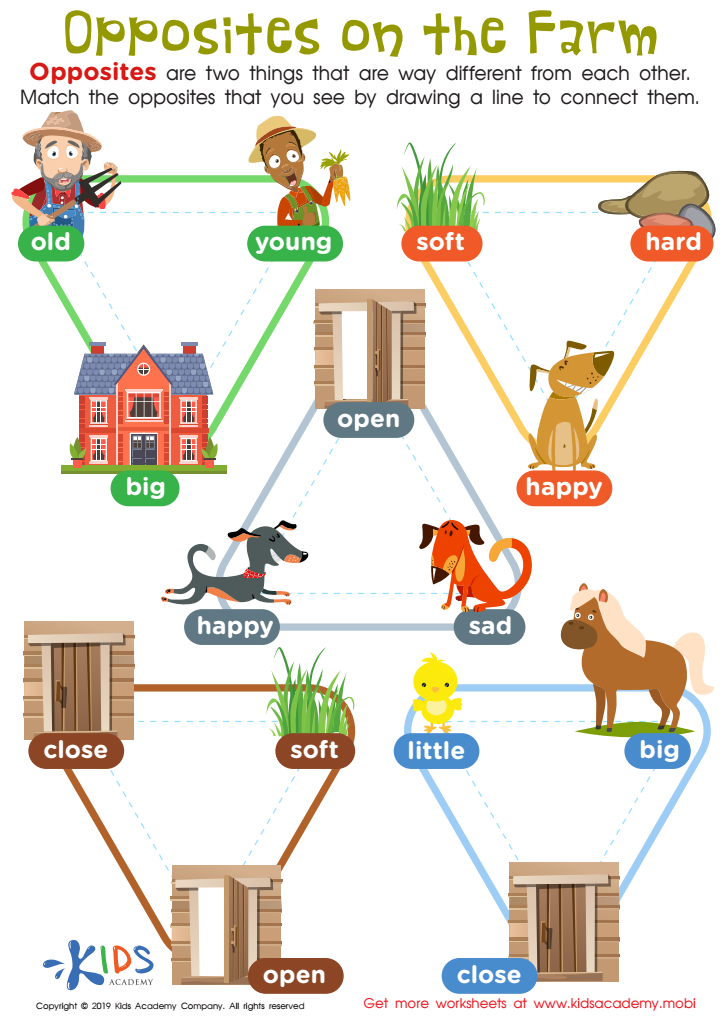

Opposites on the Farm Worksheet
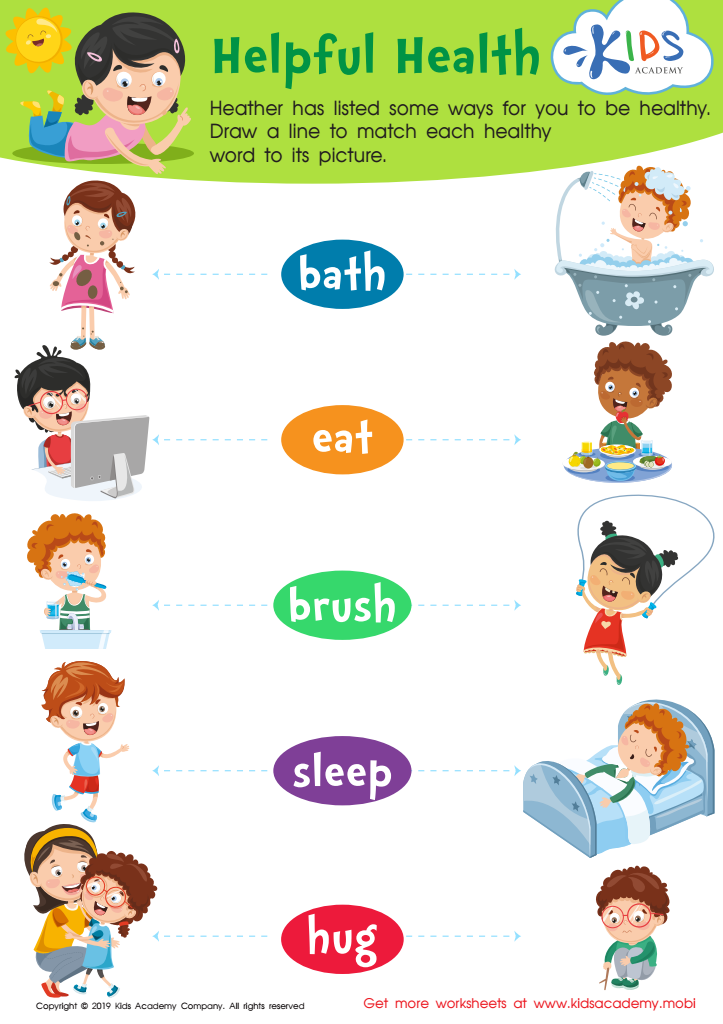

Helpful Health Worksheet


The 5 Sense Scientist Worksheet
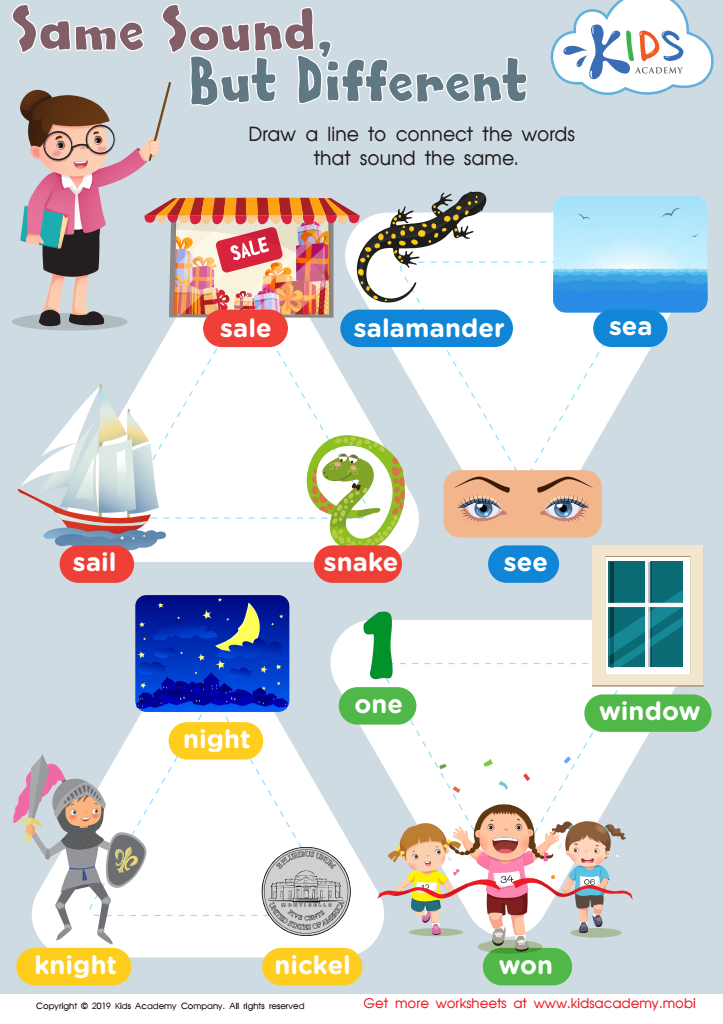

Sound Different Worksheet
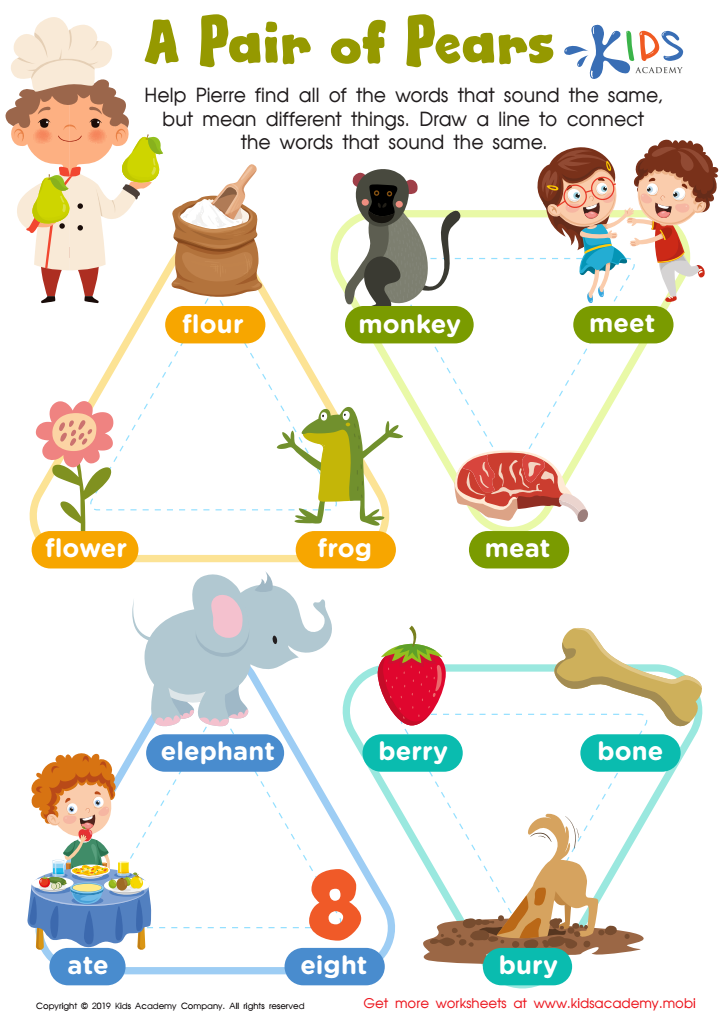

Pair Pears Worksheet
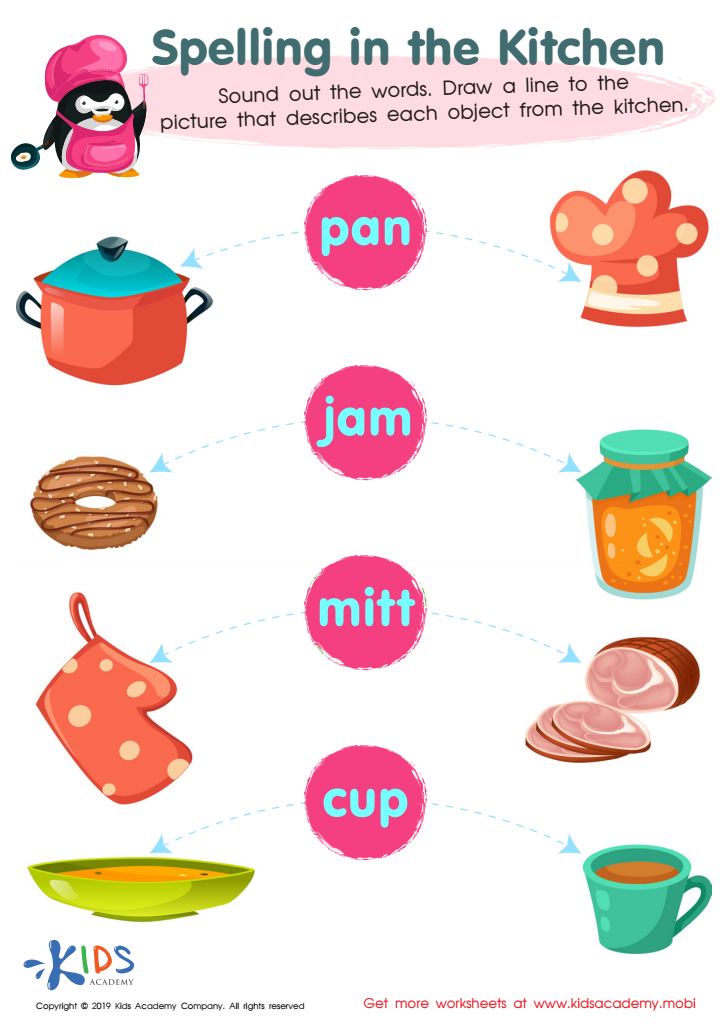

Spelling in the Kitchen Worksheet
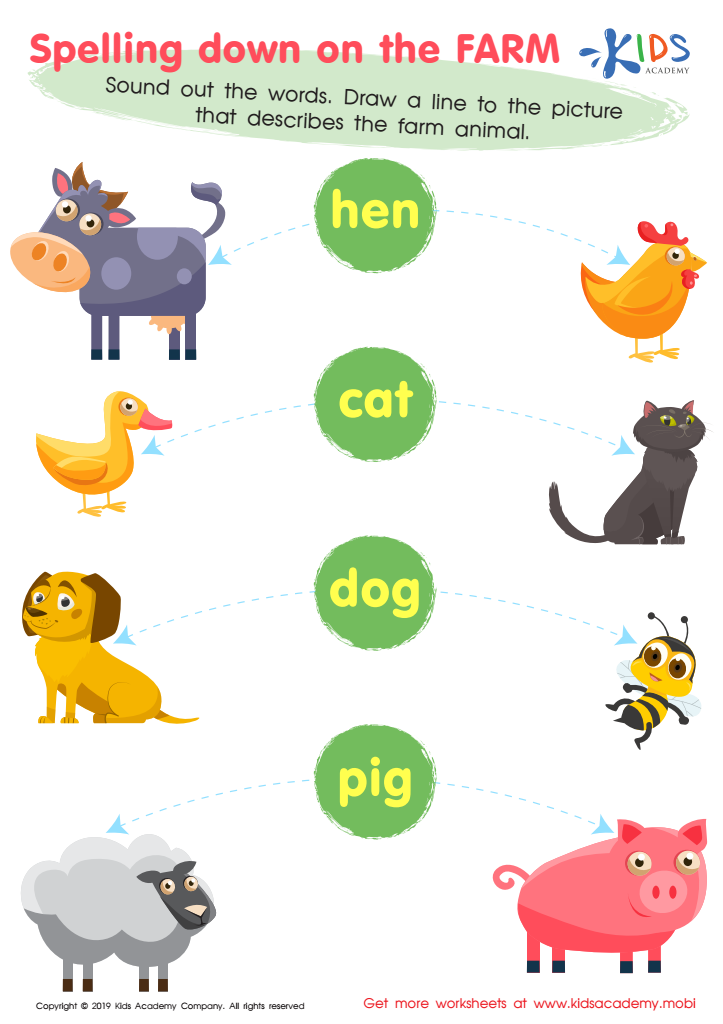

Spelling Down on the Farm Worksheet
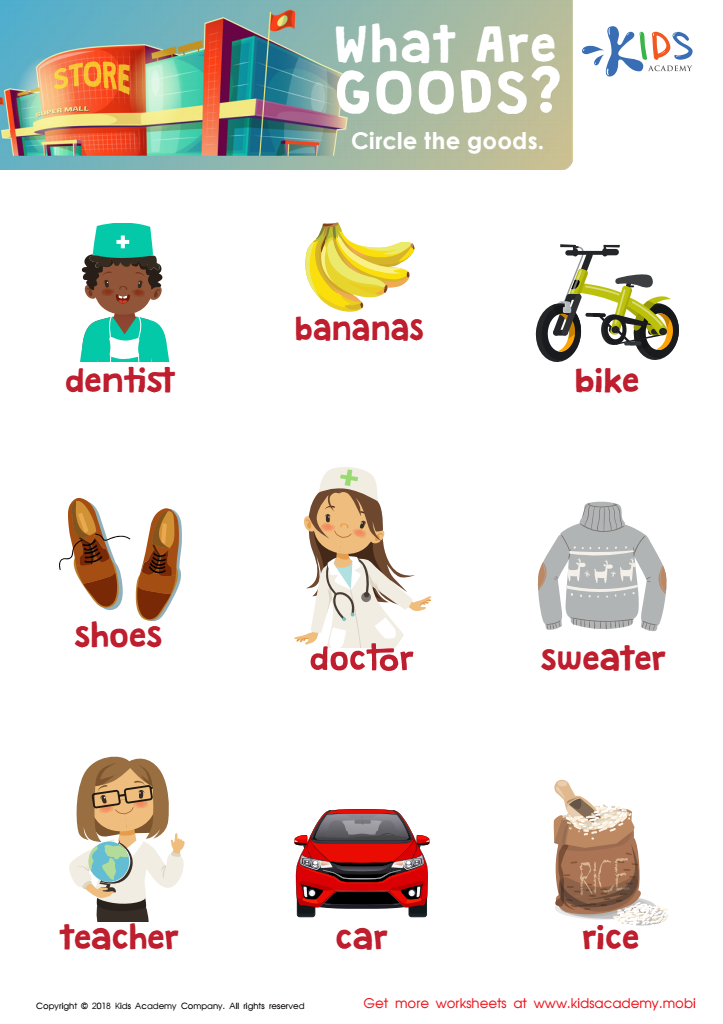

What Are Goods? Worksheet
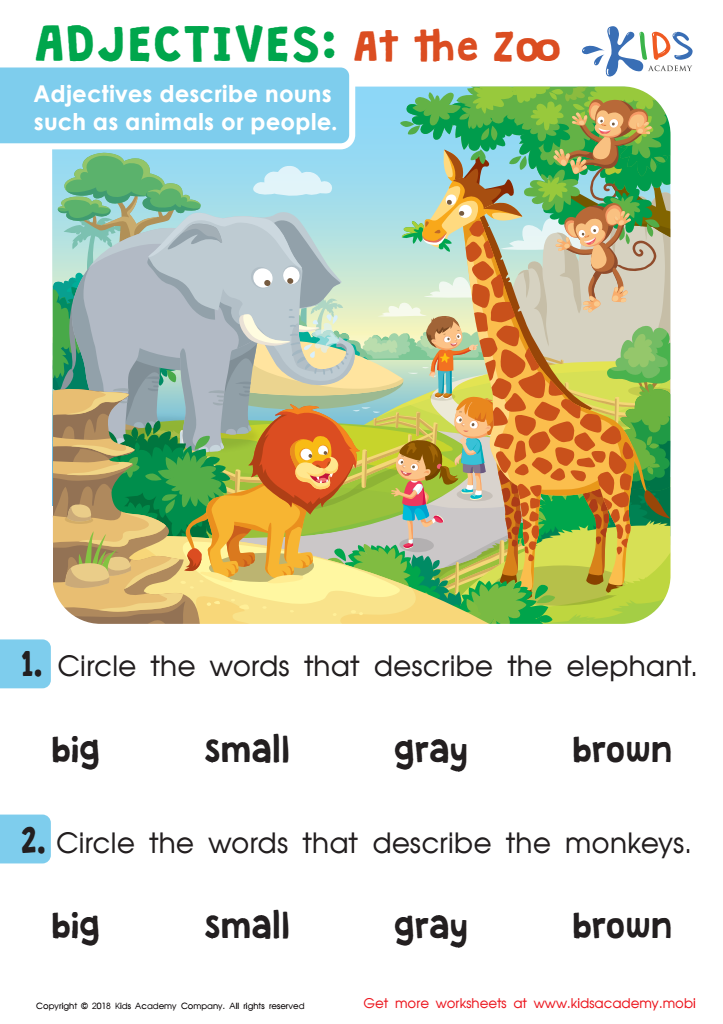

Adjectives: At The Zoo Worksheet
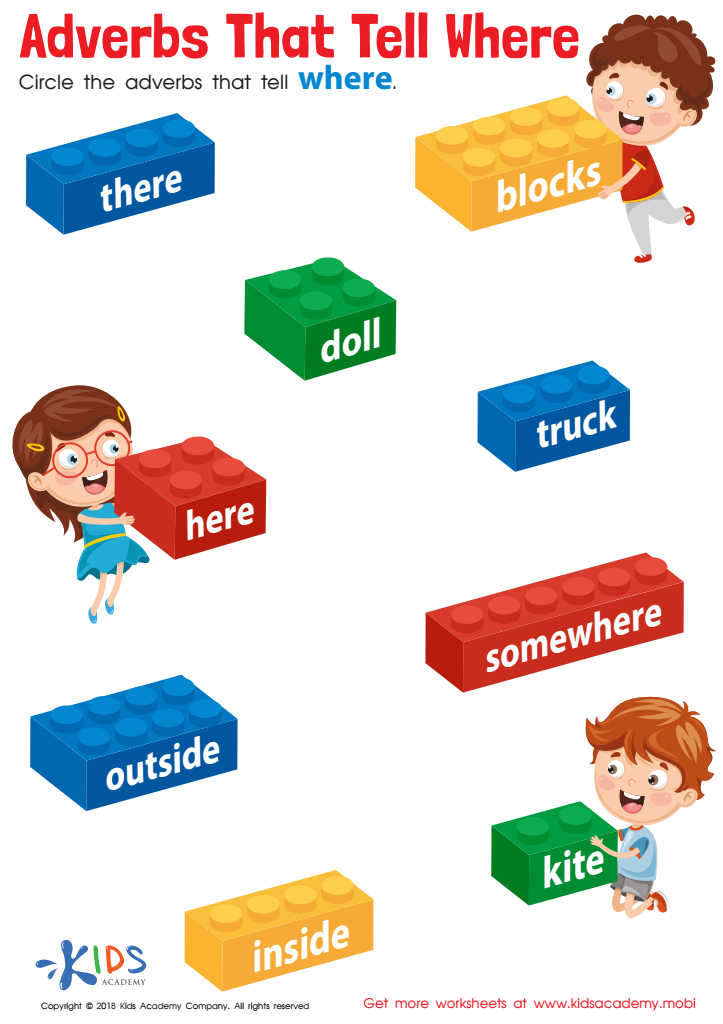

Adverbs That Tell Where Worksheet
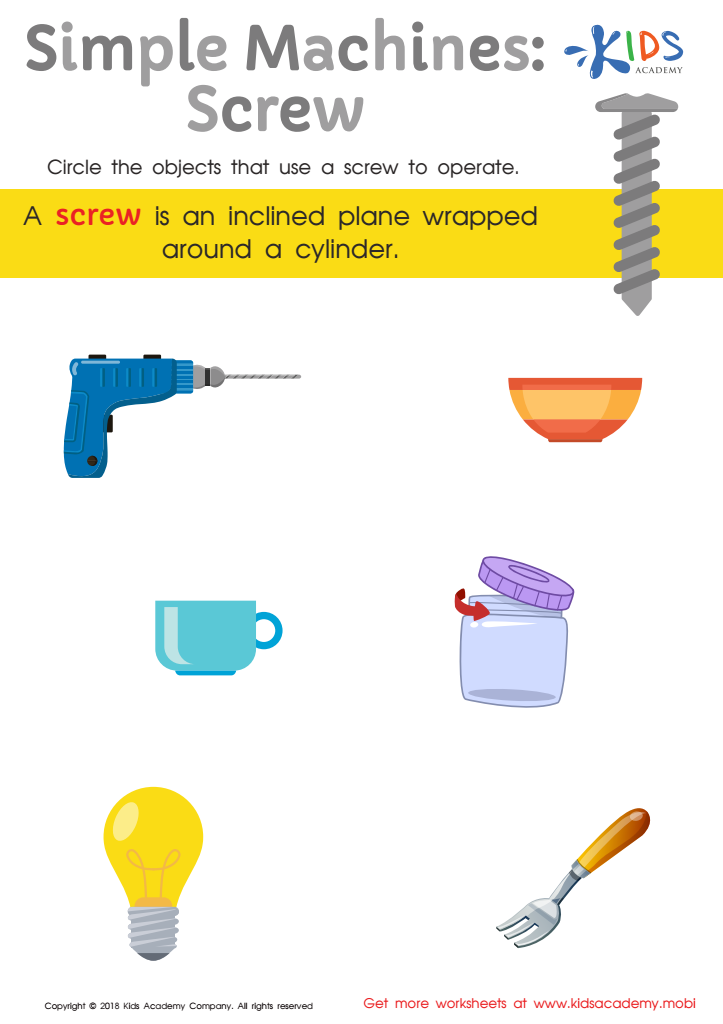

Simple Machines: Screw Worksheet
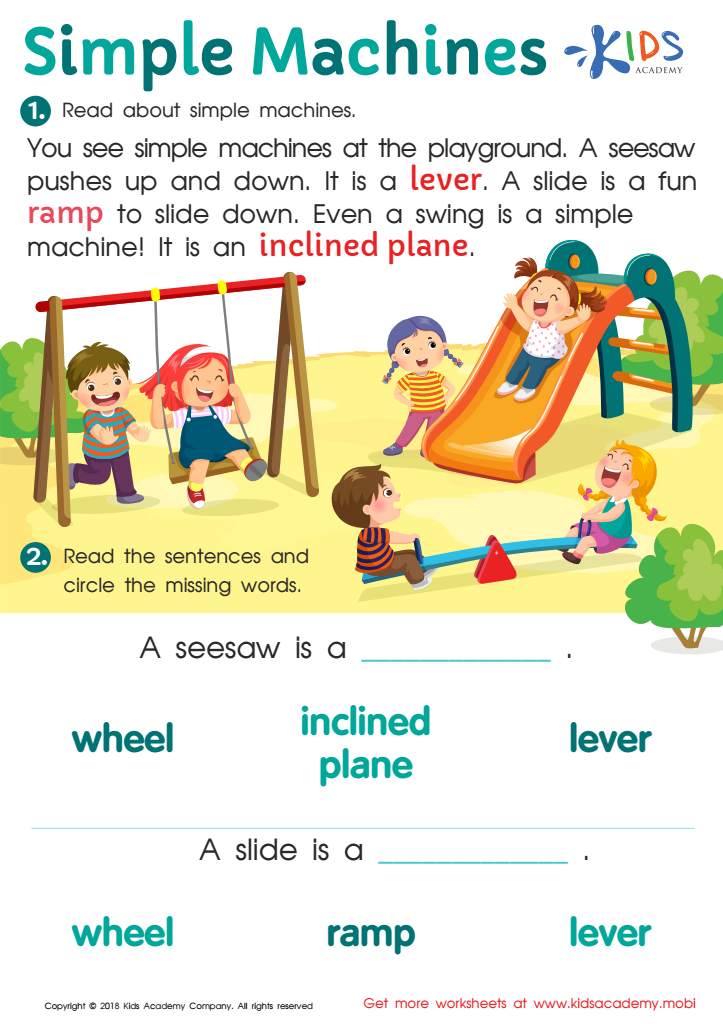

Simple Machines Worksheet
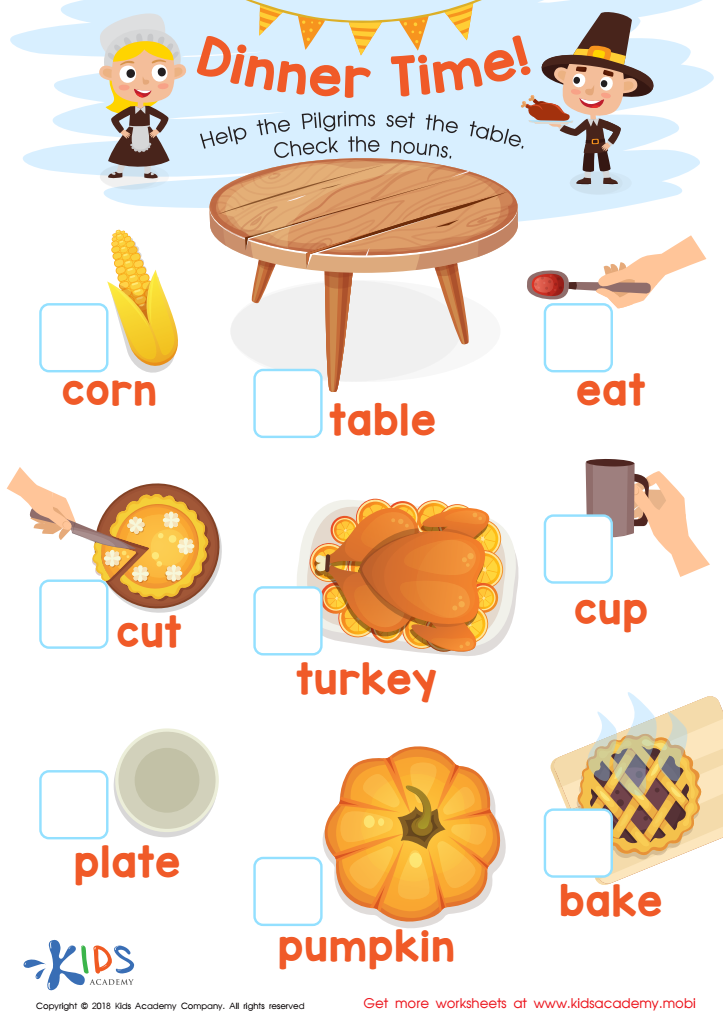

Dinner Time! Worksheet
Building a strong vocabulary during the ages of 3-7 is crucial for a child’s overall development. First and foremost, vocabulary growth in early childhood is closely linked to reading comprehension and academic success. The richer a child's vocabulary, the better they can understand and engage with educational materials. This foundational skill set the path for future learning and academic achievement.
Furthermore, vocabulary development impacts social and emotional skills. When children can express themselves effectively, they are better equipped to navigate social interactions. They can share their thoughts, feelings, and needs more clearly, leading to improved relationships with peers and adults.
Parents and teachers play a pivotal role in this development. By intentionally incorporating new words into daily conversations, reading together, and encouraging curiosity, adults can create a language-rich environment. Simple activities like describing foods, discussing books, or explaining everyday occurrences can greatly enhance a child's vocabulary.
Investing time in vocabulary building is far-reaching. Children with a rich vocabulary are more confident communicators, show better problem-solving skills, and possess a greater capacity for empathy and understanding. Whether for academic benefits or personal growth, focusing on vocabulary during these formative years equips children with the tools necessary for a bright, successful future.
 Assign to My Students
Assign to My Students























